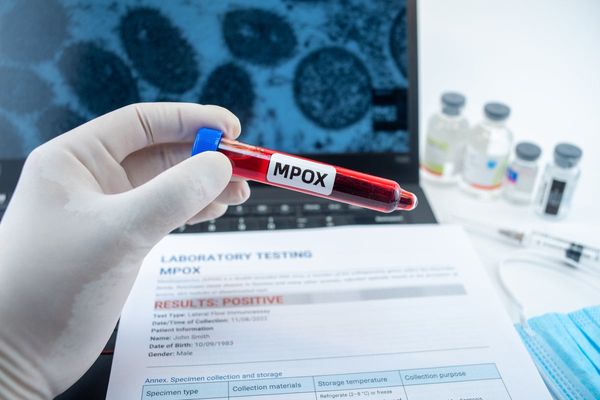
A Keio University research team used induced pluripotent stem (iPS) cells to discover a candidate drug for treating a genetic hearing impairment, and will start clinical tests in May to confirm its effectiveness, the university has announced.
This is the second case in which clinical tests will be carried out for a drug found to be effective through the use of iPS cells, following tests by a Kyoto University research team. The upcoming tests will take place at Keio University Hospital.
The Keio University team will test the effectiveness of the drug on the symptoms of Pendred syndrome, a genetic disorder that causes hearing difficulty and vertigo.
People with Pendred syndrome start developing symptoms in infancy or early childhood, and the symptoms gradually worsen. Some begin to have difficulty hearing conversations and suffer vertigo attacks that may leave them bedridden.
About 4,000 patients currently suffer from Pendred syndrome nationwide, but no fundamental cure exists.
The research team created inner ear cells using iPS cells taken from a person with the disease and reproduced pathological conditions in them.
They confirmed that the reproduced cells have a higher chance of dying as a result of oxidation stress. They also discovered that the chance of dying declined after the immunosuppressive drug sirolimus was injected into the cells.
Planned clinical tests will be conducted on 16 people aged 7 or older. The researchers will check the treatment's efficacy by injecting small doses of sirolimus into the subjects over a period of 10 months while checking to ensure safety.
"I'm delighted that research that uses iPS cells to develop new drugs is steadily progressing," said Shinya Yamanaka, director of Kyoto University's Center for iPS Cell Research and Application. "I hope [research using iPS cells] will produce results that can lead to new cures for other diseases, too."
Read more from The Japan News at https://japannews.yomiuri.co.jp/







